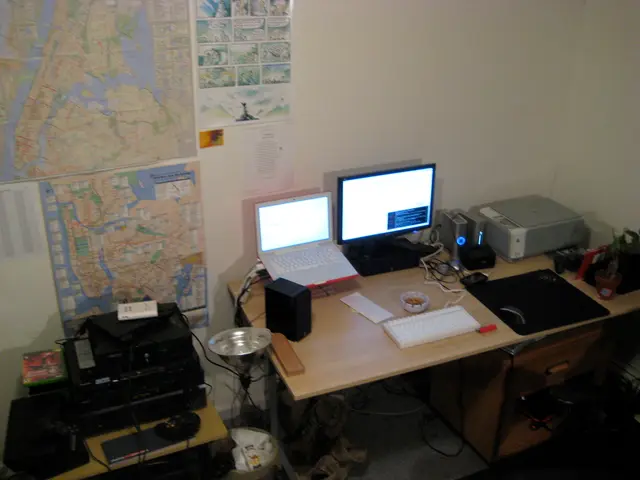Laos Turns Surplus Energy into Cryptocurrency Through Bitcoin Mining Operations
Laos, the landlocked country in Southeast Asia with a population of approximately 7.5 million, is taking bold steps towards a digital future. The Democratic People's Republic of Laos, which borders China, Vietnam, Cambodia, Thailand, and Myanmar and is traversed by the Mekong River, has been investing heavily in the construction of hydropower plants and dams for decades.
The most important industrial sector in Laos is electricity generation from hydropower. Electricité du Laos, the state-owned company, aims to achieve a total capacity of over 21 gigawatts by 2030, distributed across more than 200 power plants. Solar and wind power plants are also gaining importance in Laos' energy sector.
In a move that could revolutionize the energy sector, Laos is considering transforming excess hydropower energy into economic value through "digital asset mining." This decision comes as the country joins others like Kyrgyzstan and Pakistan, which have recently decided to provide excess resources for Bitcoin mining.
Laos has begun licensing local crypto trading platforms and mining operations, including Chinese mining companies seeking cheap energy sources after restrictions on Bitcoin and mining in China. Through these new measures, the Laotian government gains more control and the ability to tax the industry, while also having the option to build its own state-owned mining facilities to reduce debt.
Politically, Laos is an authoritarian one-party state led by the Marxist-Leninist Lao People's Revolutionary Party. Since economic reforms in 1986, Laos has pursued a course of socialist market economy. If Bitcoin establishes itself in the energy sector, the population may also become increasingly aware of its monetary properties, with potential implications beyond state control.
However, the economic situation in Laos has deteriorated since the COVID-19 pandemic. The Laotian government has taken out loans, particularly from China, to finance the construction of hydropower plants. China is now the creditor of more than half of Laos' state debts.
In textile production and wood processing, small businesses dominate, while larger companies are mostly state-owned or controlled by state institutions. The government's plans to establish Laos as the "battery of Southeast Asia" could provide a much-needed boost to the economy, especially considering that two-thirds of the energy generated from hydropower in Laos is currently exported to energy-hungry countries, including Singapore, accounting for more than a quarter of the value of all exports from Laos.
As Laos moves towards a digital economy, it is important to consider the potential implications for the population and the environment. The country's decision to license Bitcoin mining operations could lead to increased energy consumption and potential environmental concerns, especially if the country's transmission infrastructure limits exports of energy, leading to unused power during the rainy season and the need for imports during the dry months.
In conclusion, Laos' plans to utilize excess hydropower for Bitcoin mining are a significant step towards a digital economy. While the move could provide economic benefits, it is crucial to consider the potential environmental and social impacts, ensuring a sustainable and inclusive digital future for the country.
Read also:
- Goodyear in 2025: Advancement in Total Mobility through the Launch of Kmax Gen-3 by Goodyear
- Electric SUV Showdown: Vinfast VF6 or MG Windsor EV - Your Choice Revealed
- United States Secures $632 Million to Fuel Electric Vehicle Revolution
- IM Motors reveals extended-range powertrain akin to installing an internal combustion engine in a Tesla Model Y







